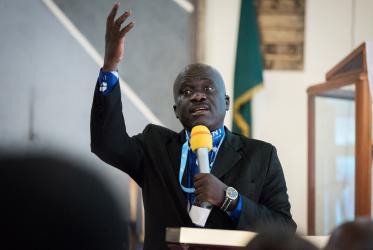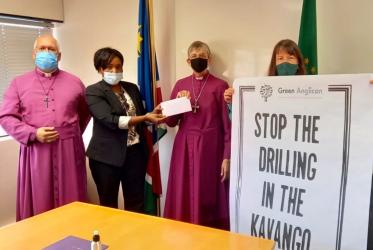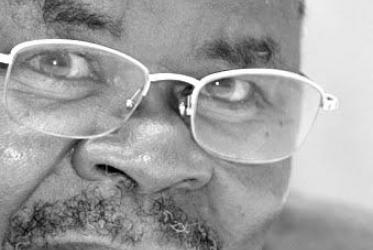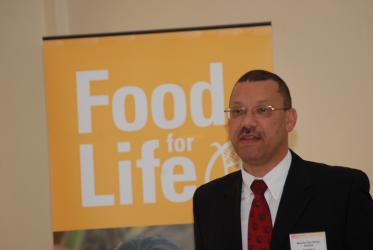Displaying 21 - 40 of 83
12 November 2021
Protecting Ethiopia’s church forests
27 October 2021
Churches offer some relief in Kenya’s drought disaster
16 September 2021
WCC commemorates life of Bishop John K. Yambasu
21 August 2020
Rev. Damon Mkandawire: “A man is a gender justice champion”
03 October 2019















